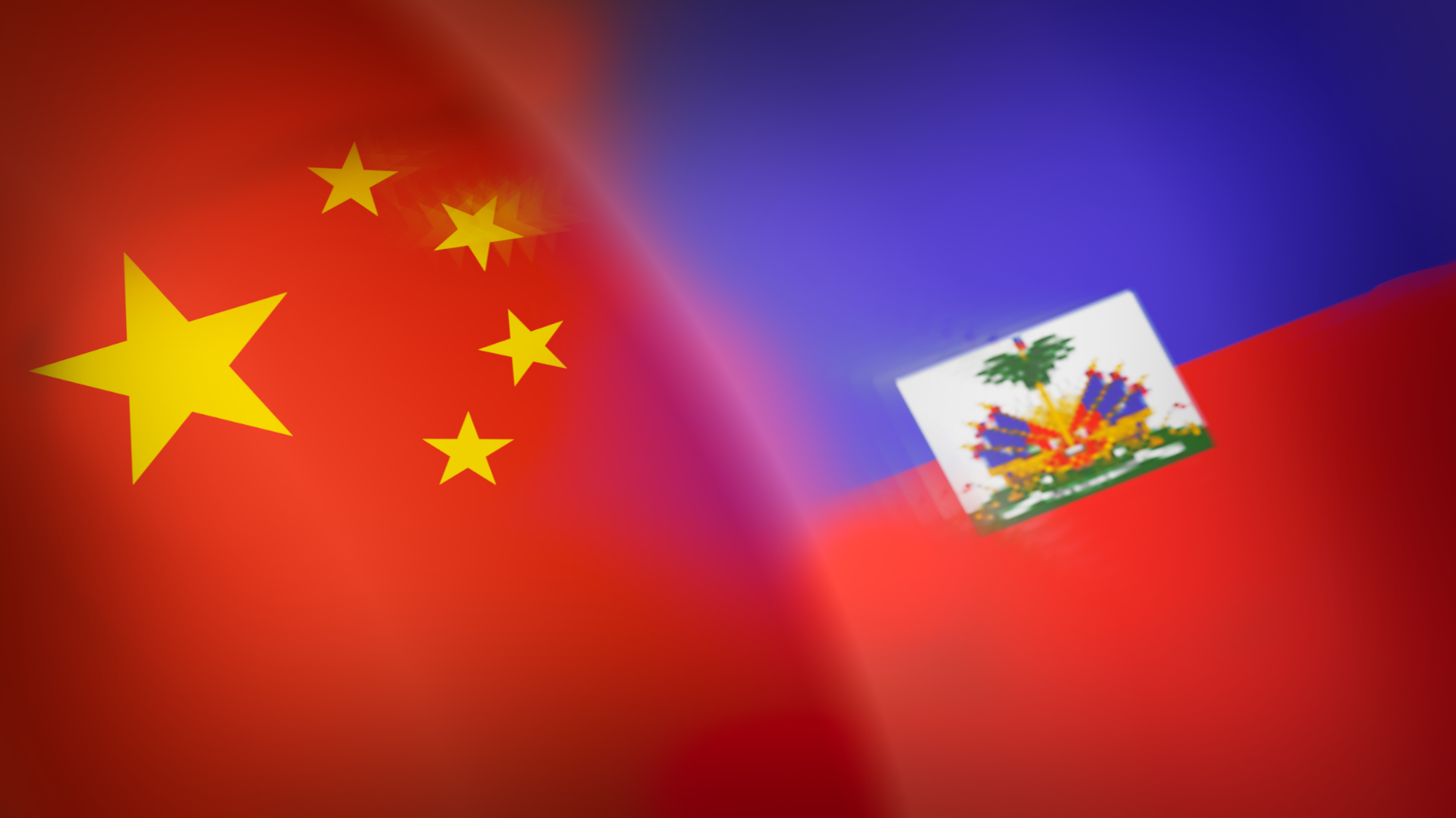.
Hello, My name is Milliada and I am a graduating student majoring in biology at Brooklyn College. I am a first-generation Haitian American student as well. The project that I am working on with Professor Ranjitsingh is “The Asian Caribbean in the Caribbean Diaspora,” an edited book collection which focuses on Caribbean people of Asian ancestry outside of the Caribbean space. Out of this project, my project focuses on the Asian diaspora, specifically speaking, the Chinese and their descendants within Haiti. The migration of other ethnic groups within Caribbean spaces has been documented, seen, or spoken about more often than the Asian community in Haiti. There are a plethora of documents and sources that speak of the migration and assimilation of these ethnic groups but there is a lack of representation in Haiti. Within the first week of beginning my research, I began to ask myself and my professor, whether Haiti lacked the resources to properly document the people there or resources were not available. It was discouraging to see the lack of resources out there for such a group of people in such a small country. Compared to many other countries, the lack of archives and documentation means a lack of recorded history and this can be significant when exploring historical events which allow us to understand, for example, the reason why the Chinese escaped to Haiti or why they migrated out of Haiti. After discovering this, my professor introduced me to a term known as ‘archival silence’ to describe what I was witnessing. The following discussion on archival silence stood out to me the most: “Sometimes, what you discover, or don’t discover, in archives has less to do with digitization or description, and more to do with historical and internalized racism, classism, sexism, and ignorance of marginalized genders and sexualities. This enters both into what you find in a collection–archival silence–and what you read in the description, or archival neutrality” (https://guides.lib.calpoly.edu/archives/critical#:~:text=Archives%20do%20not%20preserve%20history,predominantly%20represented%20in%20historic%20records)
I have concluded that the Chinese community is impactfully small due to smaller numbers arriving from China beginning in the 1890s as compared to other Caribbean spaces. There were also other waves of Chinese migration to Haiti. One of the most recent waves of Chinese immigrants would be impacted by the 2010 earthquake and the political state of the country causing their return to China. The earlier waves of Chinese immigrants came to Haiti due to China’s crumbling dynasties. The dictatorship that ruled Haiti may have been one of the many reasons some Chinese descendants or immigrants decided to leave the country. It is also important to note that Haiti’s relationship with China has been dictated by Haiti’s views on Taiwan. Understanding China’s Belt and Road Initiative project and its impact in the Caribbean is a current event that can change the political, economic, and agricultural strengths of other nations, including Haiti. The consequences of these actions and events are important to know especially if you are studying for self-awareness or simply educational purposes. Finding ways to fill in these gaps was only half of my research tasks. The other was knowing what exactly is it that I’m looking for. However, my research has shown two things, for records to be kept there needs to be someone to do the record keeping. This has now become the job for those who are interested in the history and those who see it worthy of being documented. The second thing is how to properly research a topic that goes beyond the scope of experiments and unlimited sources/data. My professor and I decided to develop a blog that will list resources and archives so the next person will have a full list of references available to them or add more if deemed necessary. We didn’t want to develop something that was a replica or similar to other blogs that have covered this topic. Instead in my blog posts, I share my experiences in researching this topic: the initial research process, useful and insightful sources, and blogs, interesting and exciting findings, and finally my overall experience and thoughts on this project.



